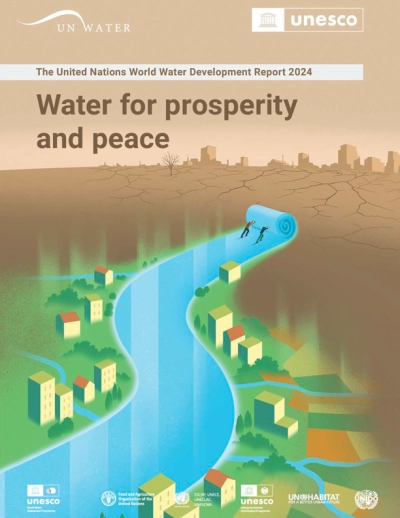Presentation by Stefan Deconinck at the conference on water politics in the Middle East, Middle East Technical University (METU), Ankara, May 2007.
Abstract:
The natural environment of Israel sets its limits on water use for economic development, domestic needs and preservation of nature. Since most of water used in Israel originates from transboundary resources, water policies are not merely limited to management of water resources but interfere with and become part of international politics. Despite multilateral and bilateral peace initiatives, relations between Israel and its neighbours are still based on suspicion and animosity. So are issues related to water resources, which have become one of the core differences between Israel and Syria, Lebanon and Palestine. In Israel, a western-oriented country with a similar package of needs and water uses, water therefore is considered a highly strategic asset. Altering its access to its present water resources, no matter the quantity involved, will be considered a casus belli, as prime minister Ariel Sharon warned the Lebanese government on the Wazzani river issue in the autumn of 2002.
Water policies in Israel have a strong ideological basis. Nearly 60 years after the founding of the country and more than a century after the first migration from Europe, Zionism remains a major justification in decision making in the field of water resources and water management. ‘Making the desert bloom’ still is the creed to for allocating the largest share of water to agriculture, while the economic importance of this sector is minimal. As such, water is essential to the Zionist ideal of making Israel a safe haven for Jews in the world, showing the ability to absorb new immigrants and provide them with a viable and green environment. Touching the water resources directly touches state ideology, and therefore threatens state security.
However, voices are raised in Israeli society, which question the interpretation of Zionism in the 21st century. The outcome of the discussion on Post-Zionism might provide a new appraisal on the essence of water policies as part of the development of the country. In its turn, this might impact the appraisal of water as an asset of external (regional) security.
In this presentation, we will focus on the consequences of ideologically based water policies in Israel, with regard to both internal affairs and external relations. The issue of the current debate on (Post-)Zionism as a change in ideology (can we call it ‘regime change’?) in Israel will be discussed, and its impact on internal and external policies and security will be assessed.

